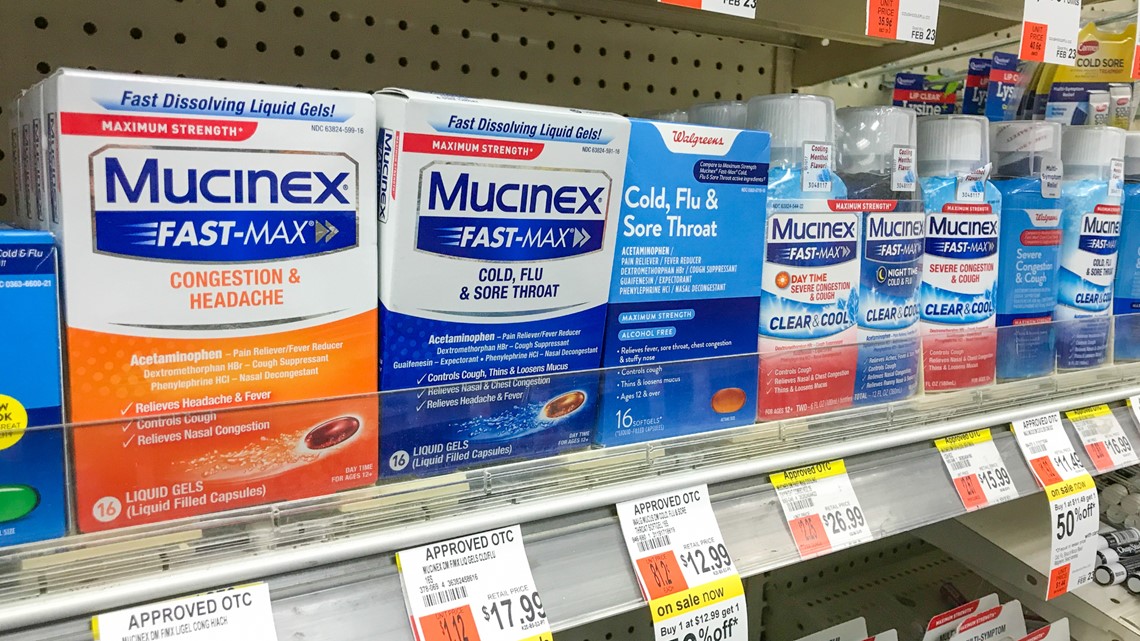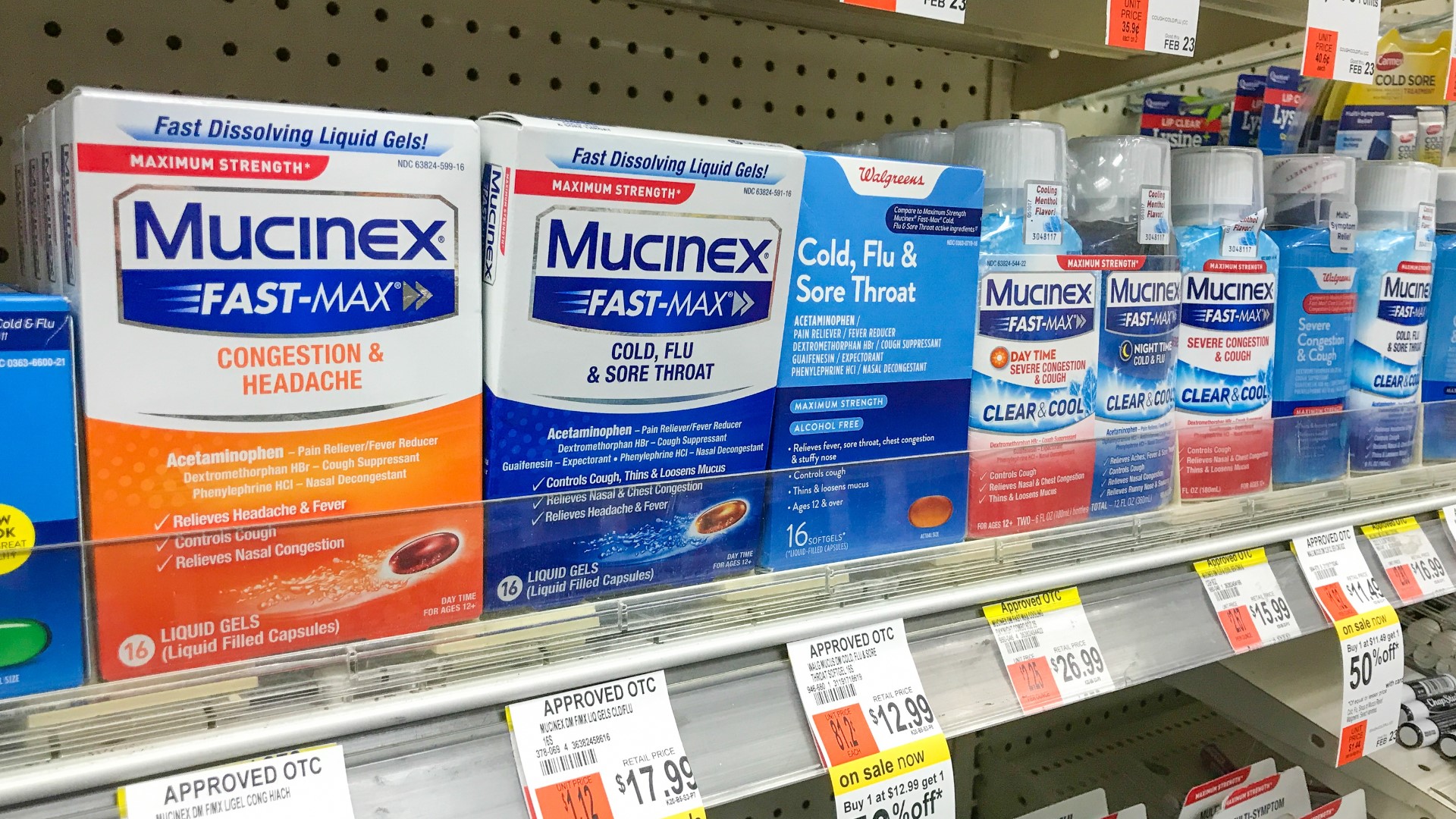INDIANAPOLIS — Kaitlyn Buntain is no stranger to a negative pregnancy test.
"(It) put a lot of weight in my life that I just could not ... I couldn't lift up," Buntain said.
Three years ago, the 28-year-old said she suffered an ectopic pregnancy, rupturing one of her fallopian tubes.
"Ever since then, I've just not been able to get pregnant," Buntain said. "It's been a tough journey."
Then, she saw a TikTok video that piqued her interest.
"It just came up: Mucinex to conceive, and I was like, 'No way,'" Buntain laughed. "There's no way."
Desperate to get pregnant, she made her way to the cold and flu aisle, grabbing some Mucinex and taking it daily during the week of ovulation.
"I was like, 'Well, if worst comes to worst, it just doesn't work,'" Buntain said, "and it worked."
Her emotional journey turned into a joy.
"I don't know if that's God's work. I don't know if Mucinex did it for me, but it worked the same month," Buntain said.
Buntain noted she was also taking Clomid, a fertility medication, for approximately six months. She added that she got pregnant only after taking Mucinex.


Ashley Goldstein told 13News she, too, got pregnant after taking the cold medicine.
"I've been diagnosed with infertility. Many medical issues. So, for me to have tried Mucinex one time for a cold and then to have gotten pregnant right afterwards," Goldstein said, "I 100% believe it."
Goldstein said since then, she has recommended the cold medicine to others.
"I know three people that are pregnant from the Mucinex," Goldstein said.
The drug's active ingredient, guaifenesin, is intended to thin out chest mucus during a cold. The theory is that the drug could also thin out cervical mucus, allowing for easier fertilization.
But is it proven?
Reproductive endocrinologist Dr. Lora Shahine told 13News the evidence is very poor.
"There are not good trials really recommending Mucinex," Shahine said.
She said the only study she could find is from 1982.
Forty women took 200 milligrams of guaifenesin orally three times daily from day five of her monthly cycle through when her temperature starts to rise, which is about the time of ovulation, according to a study.
"Forty percent of the couples conceived within the following three months of taking Mucinex,” Shahine said.
She cautions against getting too optimistic about the results.
“It's a very small study (that) was not well-designed, using a test that we don't use anymore," Shahine said.


Shahine said pros of taking Mucinex include that it might help and there are few side effects.
She notes that while there is no scientifically-proven connection between taking Mucinex and getting pregnant, Shahine said trying it is low-cost and generally low-risk.
"Some people will have nausea, some people will have headaches, but it's pretty rare," Shahine said.
Cons of taking Mucinex to help with pregnancy, Shahine said, include pushing off a proper fertility diagnosis.
"I just don't want anyone to delay getting testing. Mucinex is not going to help blocked fallopian tubes or a really poor sperm count," Shahine said.


While some people think the cold medicine might have helped them, there are others who say it did not work for them.
A spokesperson for Reckitt, the company that makes Mucinex, said the company is aware of the recent social media activity surrounding Mucinex and fertility.
"As a global leader in health and hygiene, we wish to clarify that Mucinex should only be used as intended and in line with usage instructions.
The most common active ingredient in Mucinex products (guaifenesin) is indicated to help loosen phlegm (mucus) and thin bronchial secretions to rid the bronchial passageways of bothersome mucus and make coughs more productive. Taking Mucinex for infertility constitutes off-label use.
It should also be noted that guaifenesin is commonly used in combination with other active ingredients. Mucinex-D for example contains pseudoephedrine, a nasal decongestant which should only be used for approved indications and carries specific risks. Taking medications outside their approved indications or without acknowledging all active ingredients may be harmful. In case of doubt we recommend a discussion with a healthcare professional. Please always read the label and safety information before taking any self-care medication."

